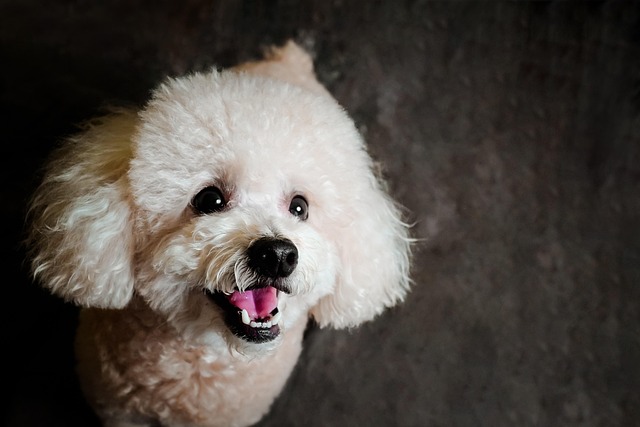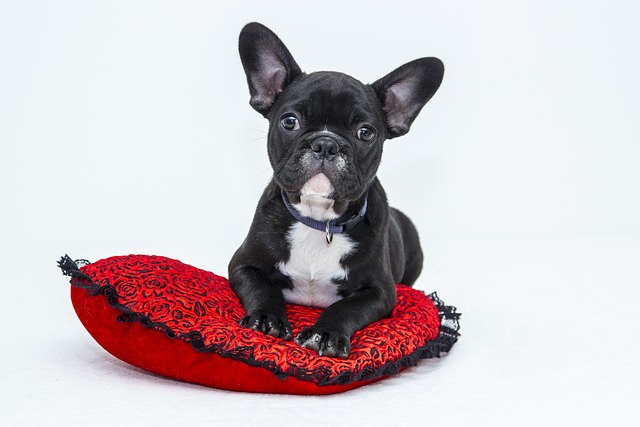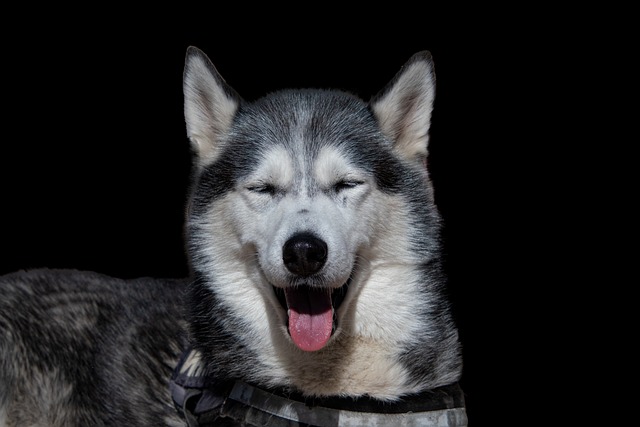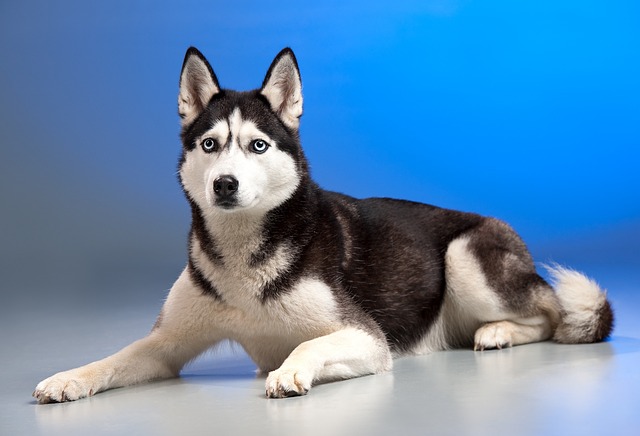
Why do Teddy puppies have their tails cut?
Seeing a tiny Teddy puppy with a bobbed tail might seem cute, but beneath that adorable exterior lies a practice steeped in history, aesthetics, and controversy.
Those big, soulful eyes are a French Bulldog's signature, but those reddish-brown streaks beneath them? They can leave even the most devoted owner feeling a bit frustrated. Tear stains are incredibly common in Frenchies, partly thanks to their adorable but sometimes problematic facial structure. While they're often seen as just a cosmetic issue, tackling them effectively requires understanding the 'why' behind the stain and choosing methods that prioritize your pup's delicate skin and overall health.
First things first, resist the urge to grab harsh chemicals or human products. Your Frenchie's skin around the eyes is thin and sensitive. Products containing bleach, strong fragrances, or mystery "whitening" agents can cause serious irritation, redness, or even chemical burns. That stinging sensation is the last thing your loyal companion needs. Safety and comfort must come before aesthetics – always. Many regions have strong animal welfare laws emphasizing humane treatment, and using irritating products directly contradicts this spirit.
The truth is, tear stains themselves are usually a symptom, not the root problem. The reddish-brown color comes from porphyrins, pigments naturally present in tears and saliva that oxidize when exposed to air. Excessive tearing is the real culprit. Why the overflow? It could be allergies (food or environmental), eye irritation from shallow eye sockets or inward-growing eyelashes, blocked tear ducts common in brachy breeds, or even ear infections causing referred discomfort. Addressing these underlying causes with your vet is the most effective long-term strategy, not just scrubbing the stain away.
 So, what can you safely do? Gentle, daily maintenance is key. Start with a soft, damp washcloth or a vet-approved, hypoallergenic eye wipe. Use lukewarm water – never hot. Gently wipe once from the inner corner of the eye outward, following the natural fur direction. Be incredibly soft; you're not scrubbing a pan. Use a fresh section of the cloth or a new wipe for each eye to prevent spreading any potential gunk. Pat the area completely dry afterward, as moisture trapped in the folds can worsen staining and irritation.
So, what can you safely do? Gentle, daily maintenance is key. Start with a soft, damp washcloth or a vet-approved, hypoallergenic eye wipe. Use lukewarm water – never hot. Gently wipe once from the inner corner of the eye outward, following the natural fur direction. Be incredibly soft; you're not scrubbing a pan. Use a fresh section of the cloth or a new wipe for each eye to prevent spreading any potential gunk. Pat the area completely dry afterward, as moisture trapped in the folds can worsen staining and irritation.
For mild, existing stains, a targeted approach helps. Mix a tiny amount of vet-recommended dog tear stain remover (look for gentle, natural enzymes) onto a soft toothbrush or cotton pad dedicated solely for this purpose. Apply only to the stained fur itself, meticulously avoiding direct contact with the sensitive eye surface or surrounding skin. Work it in very gently, then rinse thoroughly with clean water and pat dry. Never leave product residue on the skin. Test any new product on a small, inconspicuous area first.
Diet and hydration play a surprisingly big role. Low-quality food with artificial colors or fillers, mineral-rich water (especially well water), or food sensitivities can increase porphyrin production. Switching to a high-quality, limited-ingredient diet approved by your vet, and offering filtered water, can make a noticeable difference over time. Keeping the muzzle folds clean and dry is also crucial – trapped moisture and bacteria migrate upward.
Remember, severe staining, constant tearing, squinting, redness, swelling, or eye discharge are red flags. These signal potential infection, injury, or significant anatomical issues needing immediate veterinary attention. Don't attempt aggressive cleaning in these cases; you could cause pain or damage. Your vet can diagnose the cause and may prescribe medicated drops or ointments, or discuss corrective procedures if anatomy is the main issue.
Ultimately, managing Frenchie tear stains is about consistent, gentle care and addressing health fundamentals. It’s about enhancing their comfort, not achieving impossible perfection. A little patience and the right approach mean you can keep those expressive eyes bright, clear, and focused on what matters most – showering you with love. A quick, gentle swipe during cuddle time is far better than stressful scrubbing sessions. Their well-being shines brighter than any spotless fur ever could.

Seeing a tiny Teddy puppy with a bobbed tail might seem cute, but beneath that adorable exterior lies a practice steeped in history, aesthetics, and controversy.

Watching your dog gobble up treats is a joy, but did you know certain foods can do more than satisfy their taste buds?

Watching your Golden Retriever bound through mud puddles or roll around in the grass is part of the joy of dog ownership. But that playful spirit often leaves them looking—and smelling—less than pristine.

Watching your dog bound around the yard or tackle a new agility course is an incredible feeling, but have you ever wondered how to support that athleticism from the inside out?

Grooming your Bichon’s ears isn’t just about aesthetics—it’s crucial for their comfort and health. Those fluffy ears that make Bichons so adorable can trap moisture and debris if hair isn’t managed properly, leading to infections.

There’s nothing quite like the rush of excitement when you suspect your dog’s expecting. Those little wiggling bundles of fur on the way? It’s enough to make any dog owner’s heart skip a beat.